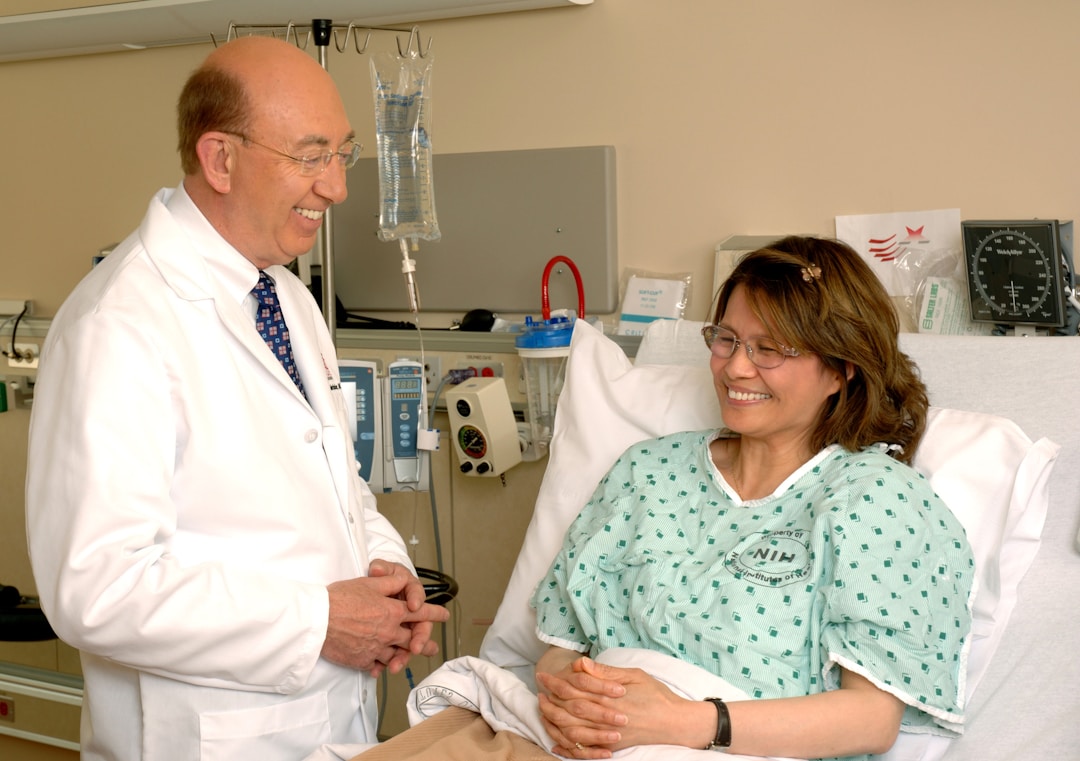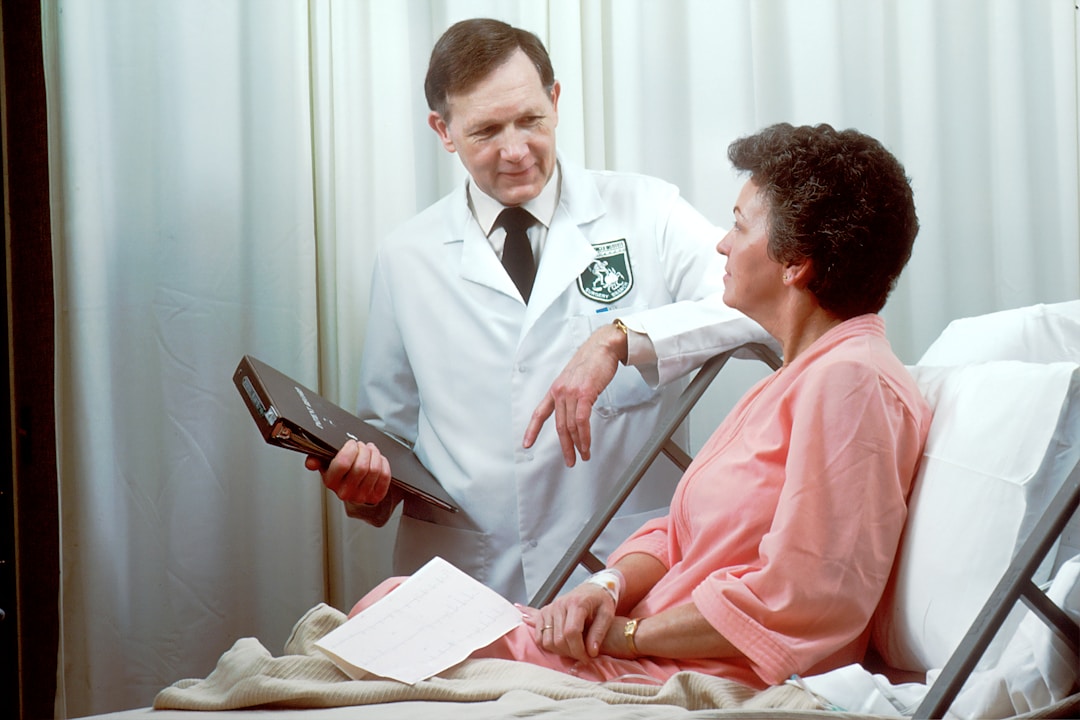According to the National Academy of Medicine, an estimated 12 million people in the United States are misdiagnosed by their doctors each year. What’s more, the complications following these misdiagnoses are responsible for an estimated 40,000 to 80,000 deaths, annually.
Knowing this, please understand that it is okay to feel uncertain about your condition, after all, you’re the one that has to live in your body. Your doctor expects you to ask questions, and to express doubt. Similarly, any good doctor will want you to be invested in your healthcare. Consequently, if you find yourself unsure about your doctor‚Äôs medical report or recommendations, follow these simple tips to get the peace of mind you need.
1. Ask your doctor questions to get clarification.

In some cases, doubt is often rooted in misunderstanding. Knowing this, after your diagnosis, try and seek succinct answers from your doctor. Some studies have also found that in most cases, after issuing their prognosis, most doctors thought that their patients had a complete understanding of their diagnosis and preferred medical care than they actually did.
To gain more clarity on your diagnosis, prepare a list of additional questions to ask your doctor. If you can, also bring along a family member or friend who understands your unique symptoms.
2. Seek a second medical opinion.

If your medical condition requires an intensive treatment plan (invasive surgery, or chemotherapy, for instance), seeking a second medical opinion is encouraged to help you make an informed decision. This is also recommended if your symptoms begin to worsen, and the prescribed medication is not producing helpful results.
Getting a medical second opinion or changing your healthcare provider are both options you can explore once you suspect that you have been misdiagnosed. If your first doctor can’t find the cause of your symptoms, you ask them to recommend you to a new doctor or specialist for a second opinion. Besides, any good doctor would be happy to have their diagnoses confirmed, so asking your primary care doctor to recommend another specialist should not make you uncomfortable.
What’s more, an article published by Mayo Clinic found that around 10 to 60% of second opinions resulted in changed diagnosis or treatment plans. Knowing this, seeking the expert opinion of someone else could provide a new outlook and recommendations, or give you confidence in your doctor‚Äôs initial input.
3. Know how to seek a second opinion.

Not only is a medical second opinion likely covered by your insurance provider, but most health insurance providers encourage this practice. This is due to the fact that it makes financial sense for the insurer. What’s more, some health plans will make seeking a second opinion mandatory in certain medical situations.
Due to the COVID-19 pandemic, in-person medical appointments may be hard to come by, unless you suffer from a chronic condition. However, medical sites like MediFind offer a remote second opinion program that allows you to seek a remote second opinion with an appropriate specialist. If you would like more information on how MediFind works, visit their website.
4. Be open with your primary care doctor.

Before your second opinion consultation, your primary care doctor will have to send your medical records and test results to your new doctor. This is important because it allows your new specialist to assess your medical history, and eliminate the need for repeat medical tests. In this way, your primary care doctor will know that you are pursuing a second opinion. If you have a good relationship with your first doctor, informing them of your plan to seek alternative care/treatment is equally important.
You may have decided to follow the new doctor’s treatment options, or your new doctor may also have reiterated your primary care doctor’s diagnosis. Regardless of the outcome, your final treatment decisions are in everyone‚Äôs best interests.

